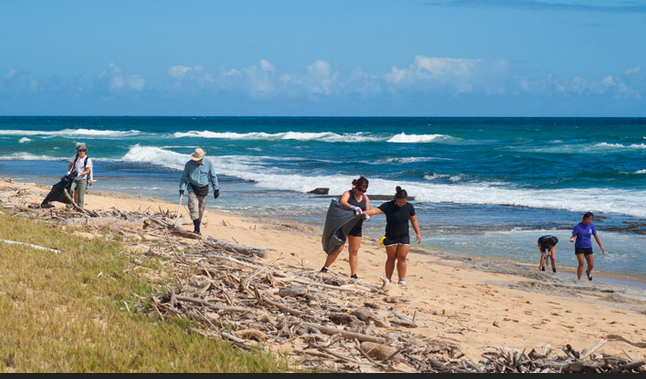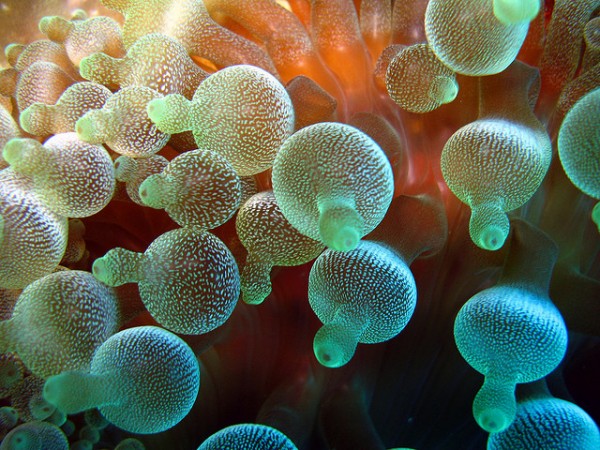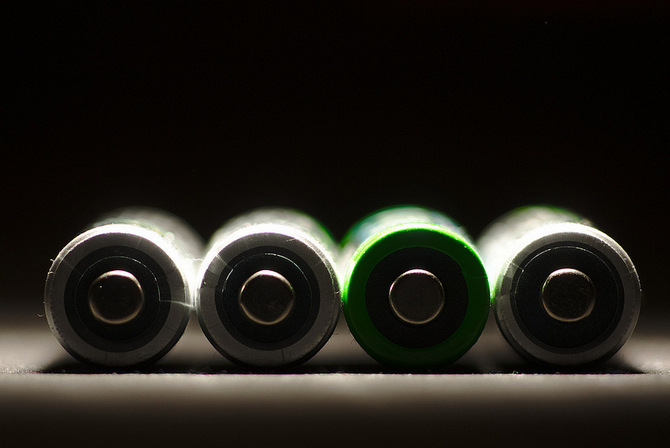 International Coastal Cleanup Day is just around the corner, and I’m excited to walk the shores of our local beaches at sunrise once again. Together with thousands of other volunteers, I will take part once more in my local community event to bring change to oceans all over the world.
International Coastal Cleanup Day is just around the corner, and I’m excited to walk the shores of our local beaches at sunrise once again. Together with thousands of other volunteers, I will take part once more in my local community event to bring change to oceans all over the world.
This year’s Cleanup is on September 21, 2013, to take place simultaneously around the world from Ecuador to the Philippines. The event is mobilized in different countries by the Ocean Conservancy organization. For the past 25 years, volunteers on foot have picked up trash from the world’s coastlines and waterways. Others rode boats and still others went underwater in scuba gear to bring up trash from deep below.
In 2012 over half a million volunteers in 97 countries and locations participated in International Coastal Cleanup Day. They covered almost 18,000 miles and picked up over 10 million pounds of trash. Most of these consist of common marine debris like plastics, food containers, and cigarettes, but some weird things also turned up. These are some of the strange objects found from last year’s Cleanup.
Volunteers also reportedly picked up kitchen appliances and even automobiles. Garbage enters the oceans through various entry points: rivers, beaches, storm sewers, and marine vessels which illegally dump trash on the sea among others.
While there are many entry points for garbage to end up in the ocean, there are few exits for marine debris. Contrary to misconceptions, most if not all of marine debris does not simply ‘go away’. The Plastic Garbage Project compiled estimated decomposition rates for different kinds of marine debris in an infographic. Some items take only months to decompose but others take hundreds of years.
Decomposition Rate of Marine Debris
Apple Core – 2 months
Wool Socks – 1-5 years
Tin Can – 50 years
Plastic Bottle – 450 years
Glass Bottle – Undetermined
However, bioplastics manufacturer Cereplast made it clear that the rates for plastic do not indicate actual complete biodegradation but fragmentation instead. This means that after 450 years, a plastic bottle may have fragmented into microplastic particles but still remain in the marine environment as a toxic substance for marine creatures.
In 2012, a number of marine creatures were found entangled in marine debris.
Aside from harming marine wildlife, debris found in the oceans also damage habitat and transport potentially invasive foreign species. Marine debris can be a navigation hazard and damage vessels. Additionally, these can pose health risks to humans aside from being eyesores on beaches.
While removing trash from beaches and oceans undoubtedly help the environment and save countless marine creatures from debris-related injuries and death, a trash-free marine environment can only be achieved by making advance decisions. Aside from leading scientific research on the issue of marine debris, the organization also works to promote effective behavior changes that keep trash from entering waters in the first place. This is one of Ocean Conservancy’s strategies towards clean and healthy oceans.
I have spent countless days going to the beach and just sitting barefoot on the sand, watching the rich sunset rays paint the waves. On September 21, I will go down to the beach once again – this time, to do my part for the oceans.
What do you look forward to in this year’s International Coastal Cleanup Day in your area? Speak up in the comments below




Leave a Comment